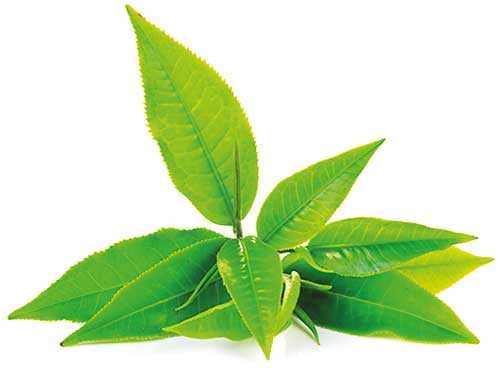Monday Feb 23, 2026
Monday Feb 23, 2026
Tuesday, 25 December 2018 00:00 - - {{hitsCtrl.values.hits}}
Indian tea is expected to benefit from the wage hike in Sri Lankan plantations and residue (pesticide) problems in Vietnam, traders said.
Domestic tea production during 2018 is expected to stay more or less the same as last year despite lower rainfall, while exports are expected to marginally increase.
India is the second-largest producer of tea in the world and contributes 26% to the global production.
MK Jokai Agri Plantations Vice President Parimal Shah said tea production is estimated to be marginally lower at about 1,300 million kilograms (mkg), against 1,322 mkg in 2017. According to the State-run Tea Board data, India’s tea production for January-October 2018 stands at 1,117.6 mkg, against 1,127.2 mkg from the year before.
South Indian tea production for the first 10 months of 2018 stands at 187.6 mkg, against 197.3 mkg in 2017. North Indian tea production for the first 10 months of 2018 was 929.98 mkg, against 929.85 mkg of the same period last year.
Shah said, on the price front, it has been a modest year with nothing spectacular. “Movement of tea was a bit erratic due to the sanction problems in Iran and the prices were low. But, once it became clear that India could export to Iran, tea prices have picked up sharply. Wage hike across plantations is a big concern for the organised sector.”
He added that the share of wages come to 60-65% of the total production cost for organised players of tea plantations.
Average auction prices for the first 11 months of 2018 was 138.20 per kg, against 132.79 per kg in 2017.
The expected wage hike in Sri Lankan plantations is estimated to help South Indian orthodox production, according to Global Tea Brokers President Sriram Narayanaswamy.
“We have seen good demand for South Indian orthodox tea with problems seen in Vietnam and Indonesia. An increase in Sri Lankan tea production cost could help South Indian tea, and more producers have been seen moving to orthodox from CTC (crush, tear, curl),” he said.
Sriram adds that the export of CTC tea to Egypt and Pakistan was also higher this year.
India exports the CTC tea variety mainly to Egypt, Pakistan, and the UK, and the premium orthodox variety to Iraq, Iran, and Russia. (Source: FinancialExpress.com)